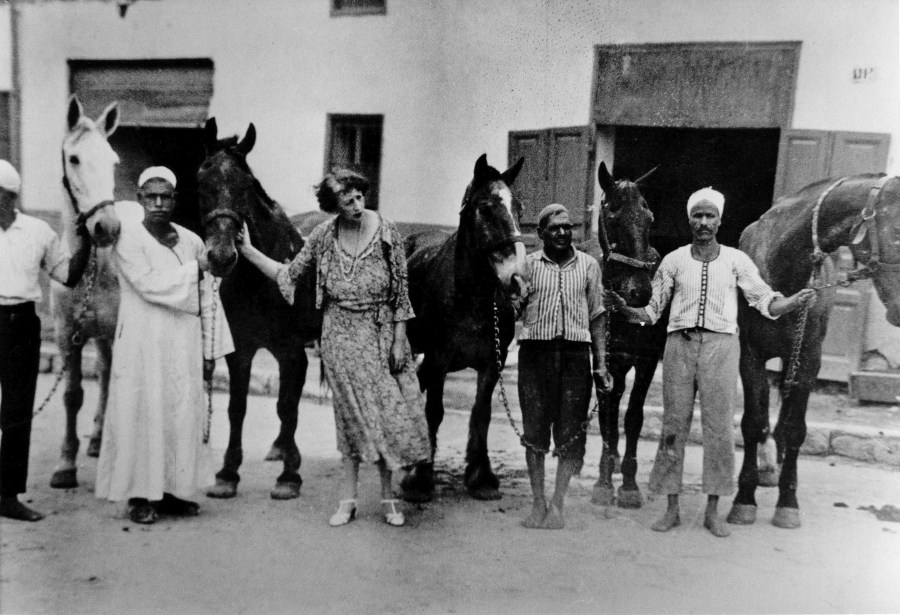A Brooke supporter’s family poem about his great grandfather’s horse who was requisitioned for World War I leads the equine charity’s Every Horse Remembered campaign this year.
The poem, which is entitled Black Nannie’s Awa’ was written by Richard Burdett’s great grandfather, William Smart, a Scottish ploughman, and recounts his grief and despair at having his horse Black Nannie taken away.
Over 120,000 horses were requisitioned from their owners at the beginning of the war as the British army was drastically under-supplied for the conflict with only 25,000 horses at its disposal.
Richard discovered the poem among his mother’s possessions which he was sorting through following her death earlier this year.
“I found the poem on an A4 sheet, slipped in amongst a pile of bills, medical records, MOT certificates and the like,” said Richard, who works for Horse & Country TV.
“The story could have ended there. I might have just shared the poem with my brother and sister and filed it away as a nice family memory but, in one of the twists of fate that have preserved the poem over the years, despite not being horsey, I work for an equestrian streaming service. I recognised a significance in the poem that others might not have seen, realised its relevance to Brooke and got in touch.”
Remembrance campaign
Each November, Brooke remembers the heroic bravery of working horses, donkeys and mules who went to war as part of their Every Horse Remembered campaign.
As part of this year’s reflections, Brooke has collaborated with the Scottish Poetry Library to produce a short film narrating Black Nannies Awa’ read by the poet James Robertson.
Brooke is the world’s largest working equine welfare organisation and improves the lives of working horses, donkeys and mules across Africa, Asia and Latin America.
 Its founder, Dorothy Brooke, saw the fate that former war horses were enduring in Egypt following the war.
Its founder, Dorothy Brooke, saw the fate that former war horses were enduring in Egypt following the war.
Within three years she had purchased 5,000 former war horses and in 1934 she established the Old War Memorial Hospital in Cairo with the promise of free veterinary care for all the city’s working horses and donkeys.
Eight million horses, donkeys and mules died in World War I and most of those which survived were kept overseas for hard labour and never returned home.
“…as for Black Nannie herself, well, we’ve no way of knowing if she made it home and William got his chance ‘tae purchase her freedom’,” said Richard.
“But it’s nice to think that perhaps, just maybe, Black Nannie and Dorothy Brooke’s paths crossed in Egypt all those years ago and, even if they didn’t, they have now.”
Broadcaster Angela Rippon attended a remembrance service for lost animals in war on behalf of Brooke on Friday 8 November.









